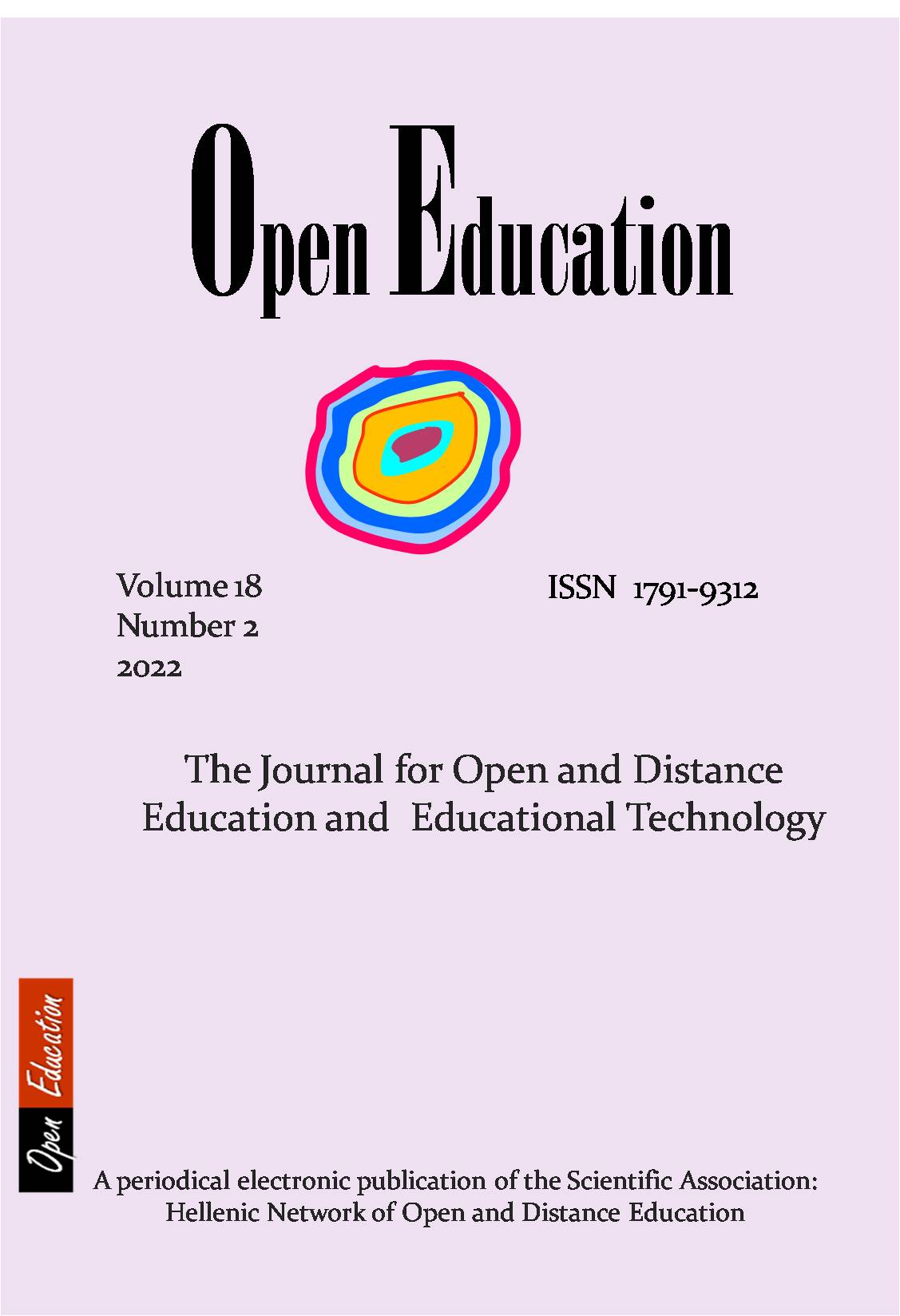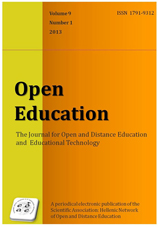Motivations and self-regulated learning in MOOCs

Abstract
Massive Open Online Courses (MOOCs) require learners to self-regulate their learning to achieve their goals. Due to MOOCs’ learning autonomy, students must develop strong motivations for learning and self-regulated strategies. The aim of the present study is to investigate learners’ motivations for learning and their self-regulated learning strategies which led some to successfully complete their MOOC, whereas others not. One-hundred-and-twenty (120) learners in xMOOCs, or Coursera-type-MOOCs, took part in the study by completing the MSL-Questionnaire. The results indicated that learners who had completed their MOOC had developed strong motivations of extrinsic orientation, task value, and high self-efficacy. Furthermore, they had used strategies of elaboration and of metacognitive self-regulation. They were able to manage their time and study environment and felt the obligation to keep on studying even when the content of the course did not seem to have any interest on them. Finally, individual differences among the participants, such as gender, year of school graduation, reasons for participating in the MOOC, time for studying, and time dedicated to work per week were found to differentiate both motivations for learning and self-regulated learning strategies.
Article Details
- How to Cite
-
Mitsoula, I., Karatrantou, A., Panagiotopoulou, P., & Panagiotakopoulos, C. (2022). Motivations and self-regulated learning in MOOCs. Open Education: The Journal for Open and Distance Education and Educational Technology, 18(2), 18–33. https://doi.org/10.12681/jode.27503
- Section
- Section 1

This work is licensed under a Creative Commons Attribution-NonCommercial-ShareAlike 4.0 International License.
Copyright Notice
Authors who publish with this journal agree to the following terms:
Authors retain copyright and grant the journal right of first publication with the work simultaneously licensed under a Creative Commons Attribution Non-Commercial License that allows others to share the work with an acknowledgement of the work's authorship and initial publication in this journal.
Authors are able to enter into separate, additional contractual arrangements for the non-exclusive distribution of the journal's published version of the work (e.g. post it to an institutional repository or publish it in a book), with an acknowledgement of its initial publication in this journal.
Authors are permitted and encouraged to post their work online (preferably in institutional repositories or on their website) prior to and during the submission process, as it can lead to productive exchanges, as well as earlier and greater citation of published work.



